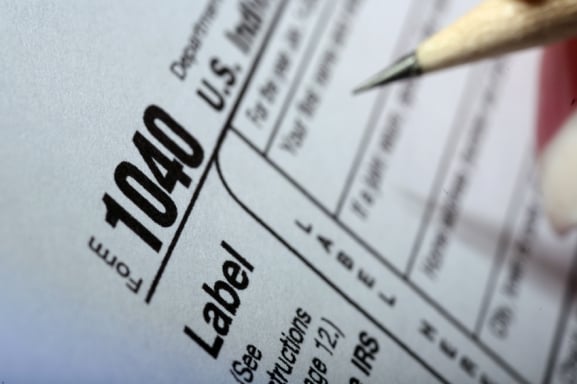Sell stock shares, reinvest in munis and other tax-advantaged vehicles; 'sooner rather than later'
Financial advisers looking to help wealthy clients prepare for higher tax rates can recommend several moves now, even though it's still unclear how far rates will increase for America's top earners, a tax attorney said.
One certainty on the tax front is that American families making at least $250,000 will pay an additional 3.8% tax on investment income next year thanks to the healthcare reform measure that takes effect in 2013, said Andrew Friedman during a webinar hosted by Sammons Retirement Solutions Inc. for financial advisers on Thursday.
Additionally, if Congress does not act to stop the Bush tax cuts from expiring on Dec. 31, Americans with higher incomes will face total tax increases of 25% on ordinary income, 60% on capital gains and 300% on dividends, he said.
Faced with these possibilities, Americans should consider selling any concentrated stock positions, businesses, real estate or other assets that spark capital gains taxes before the year ends, said Mr. Friedman, who is principal at The Washington Update, which provides political and legislative analysis for investors and advisers.
“Do it before the end of the year while we have that 15% capital gains tax rate,” he said. “As people start realizing this, we may see more sales, as people lock in gains, and that suggests it might make sense to move up on sales sooner rather than later.”
Capital gains tax rates are 15% for 2012 and will rise to 23.8% for 2013 if Congress doesn't extend the Bush tax cuts. Because of the healthcare reform tax, these rates will increase at least to 18.8% for 2013.
Mr. Friedman also recommends seeking tax efficient investments when redeploying those assets, such as making contributions to pension and retirement plans, and buying municipal bonds and deferred annuities, which become more attractive as taxes increase.
One of the biggest uncertainties is what to do with dividend-paying stocks because dividends are set to lose their 15% tax treatment and be taxed as ordinary income in 2013. With top income tax rates set to jump to 43.8% if Congress doesn't act, dividend income won't be as attractive next year. The current top income tax rate is 35%.
Mr. Friedman said he believes Congress will seek to treat capital gains and dividends similarly and set both rates at most “in the low 20s.”
Financial adviser Kurt Laubinger of Potomac Wealth Management LLC said he's recommending clients consider harvesting some gains and losses before the end of the year.
“It's best to move ahead based on today's rates,” Mr. Laubinger said. “It's not likely that things will get more favorable from a tax standpoint.”
He, too, is less concerned about getting investors out of dividend producing stocks, believing the payments will continue to receive favorable tax treatment.
Mr. Friedman also predicted U. S. markets will be volatile through 2012 because of uncertainty leading up to the presidential election, concerns about the U.S. economy next year and the lingering economic troubles of Europe.
“We're in for a very volatile end of the year,” Mr. Friedman said.







